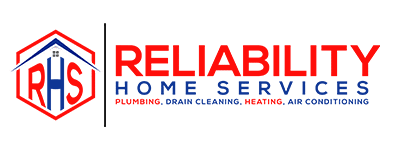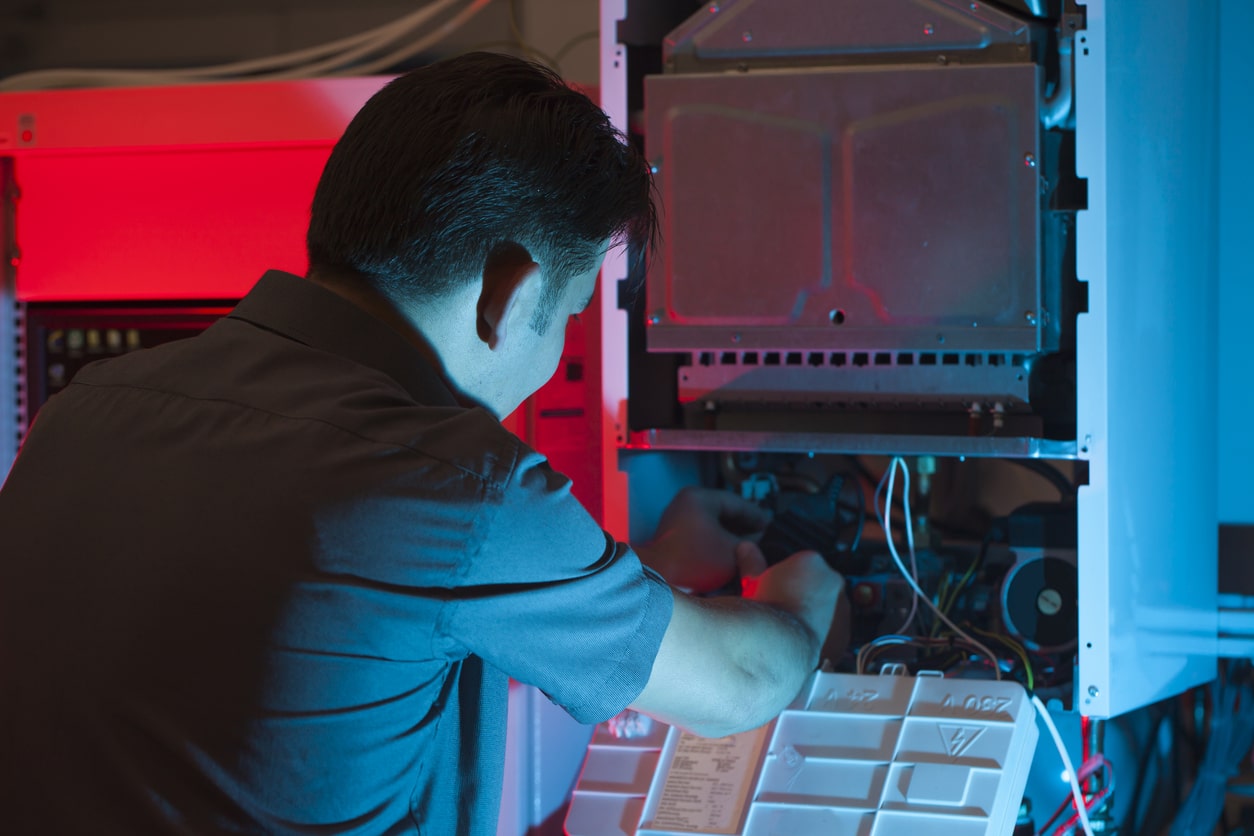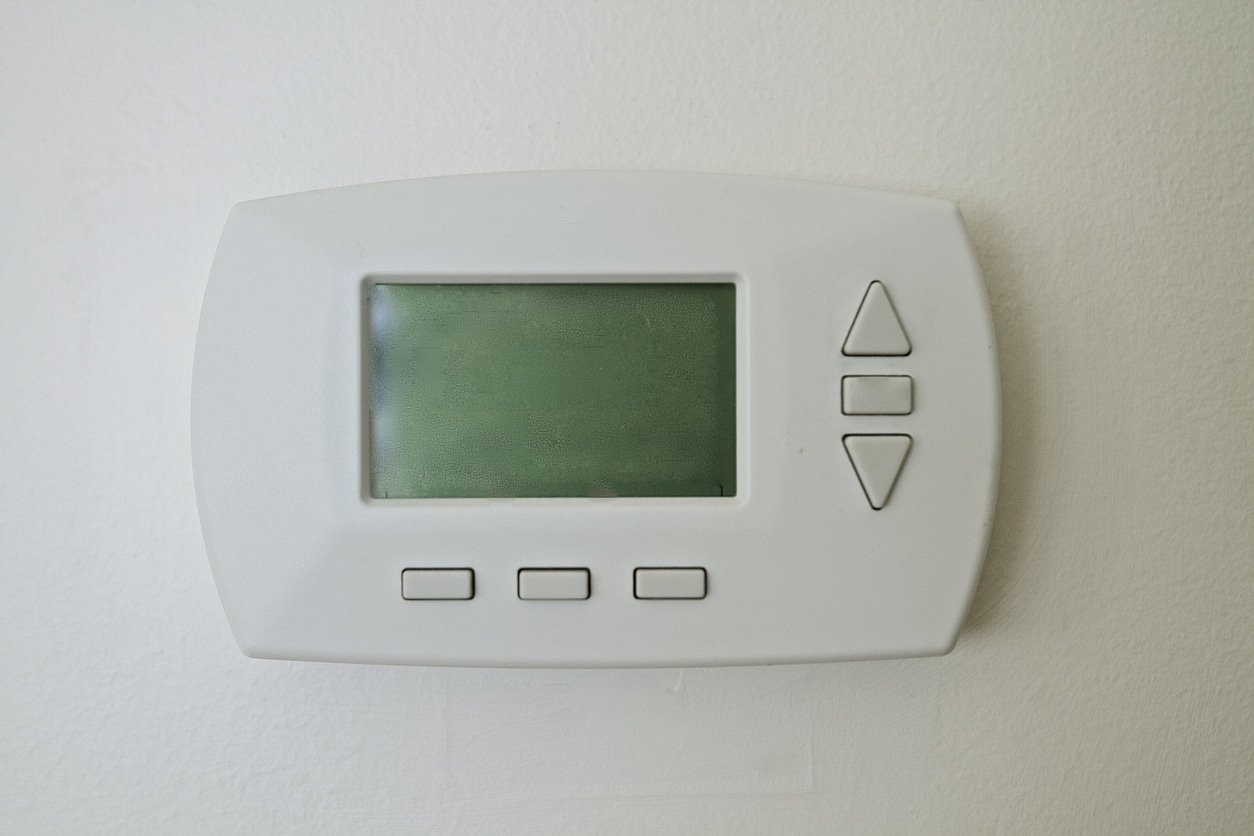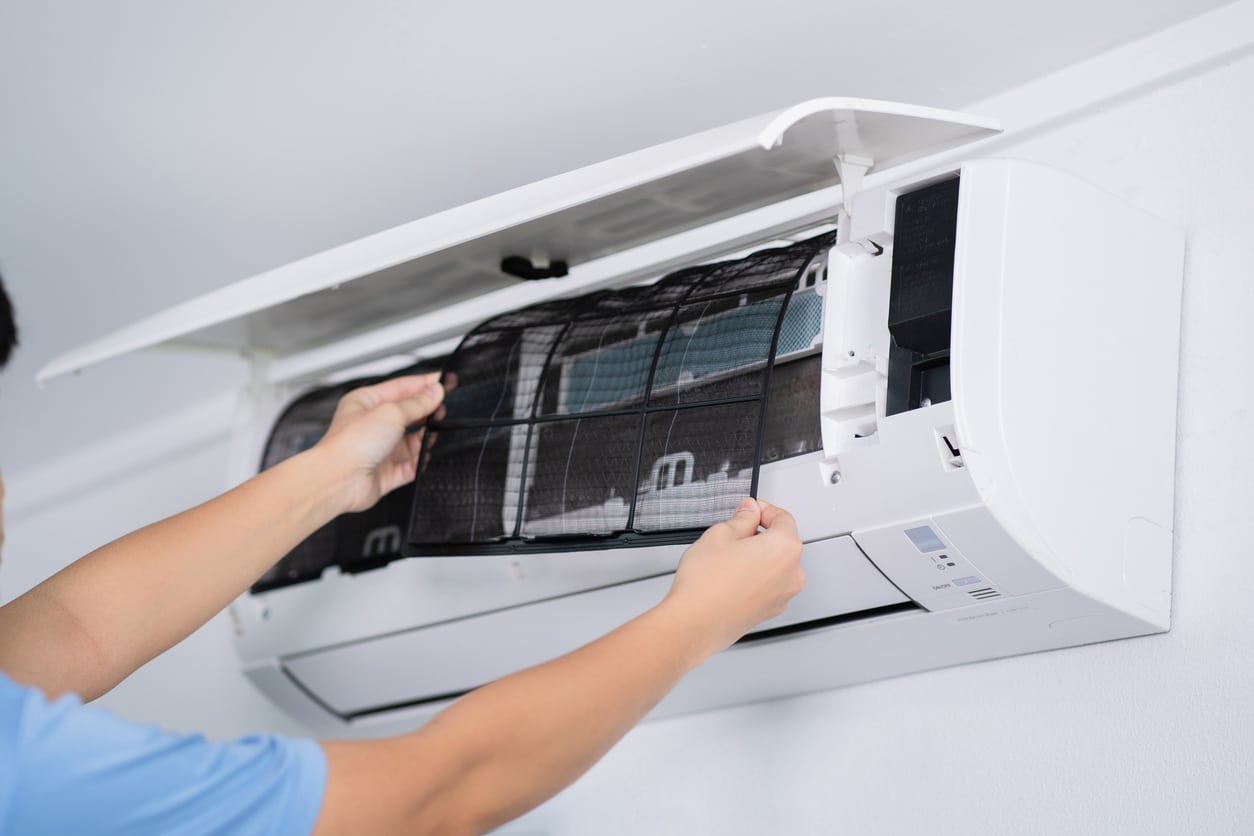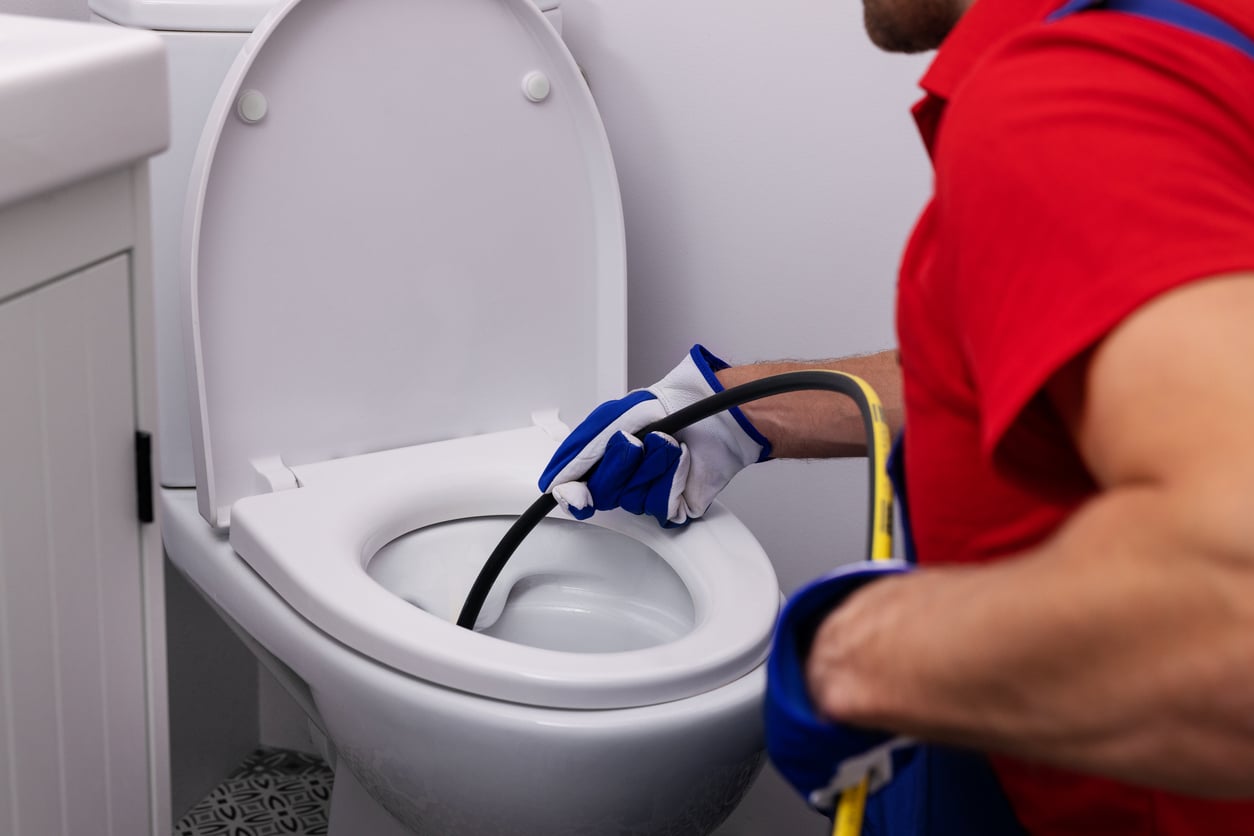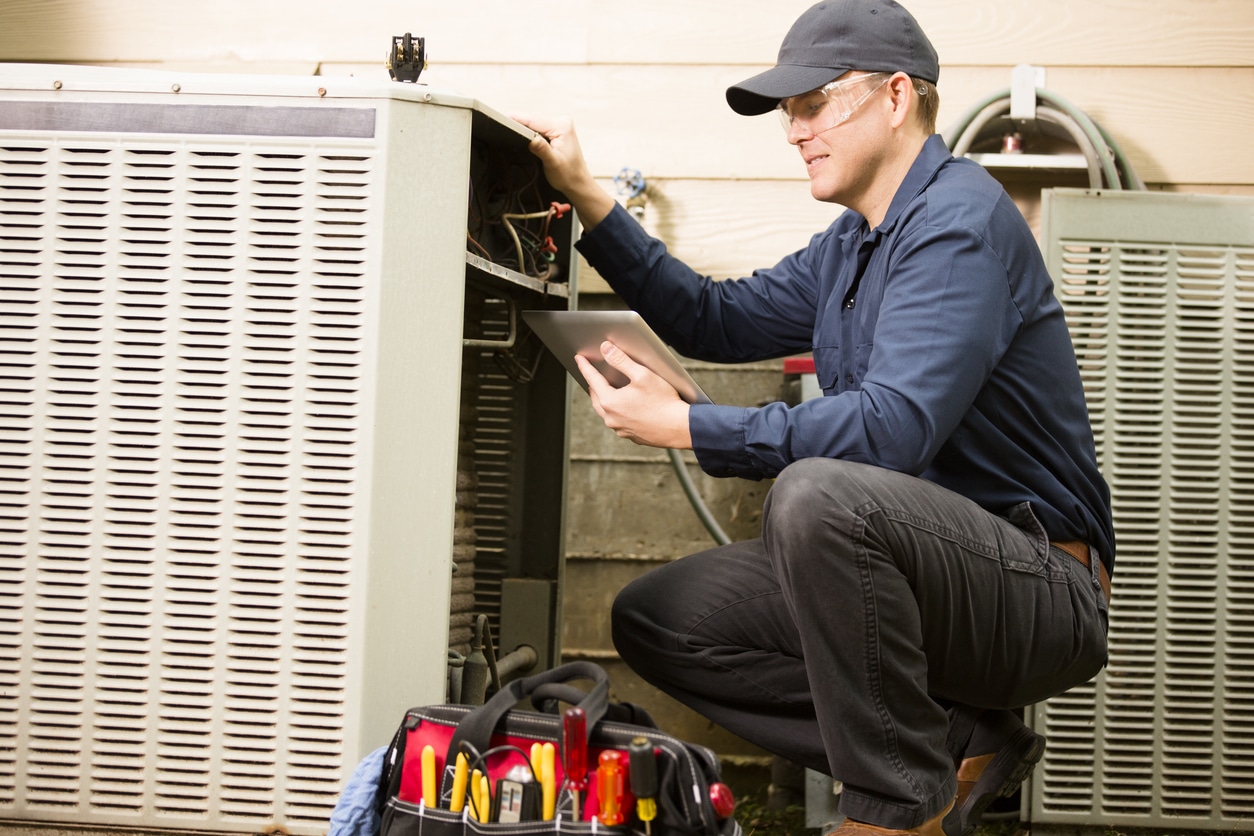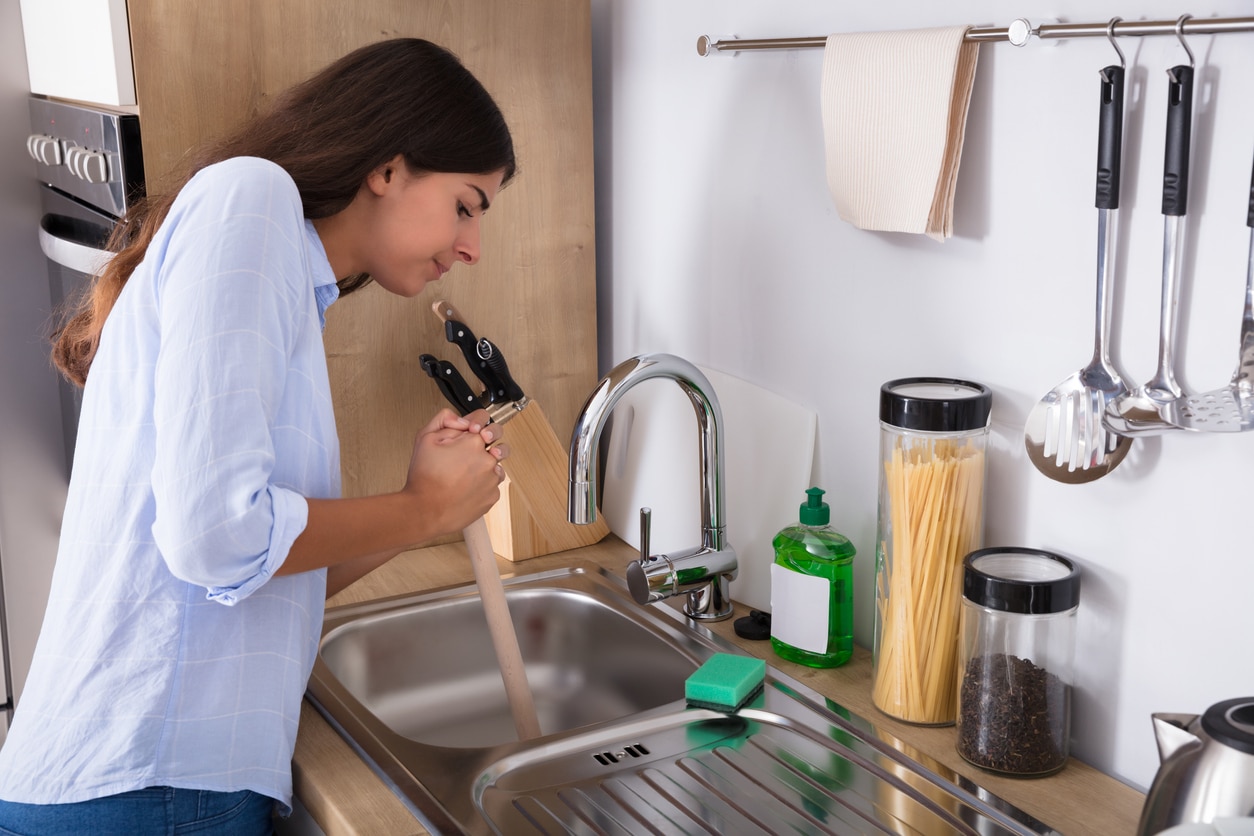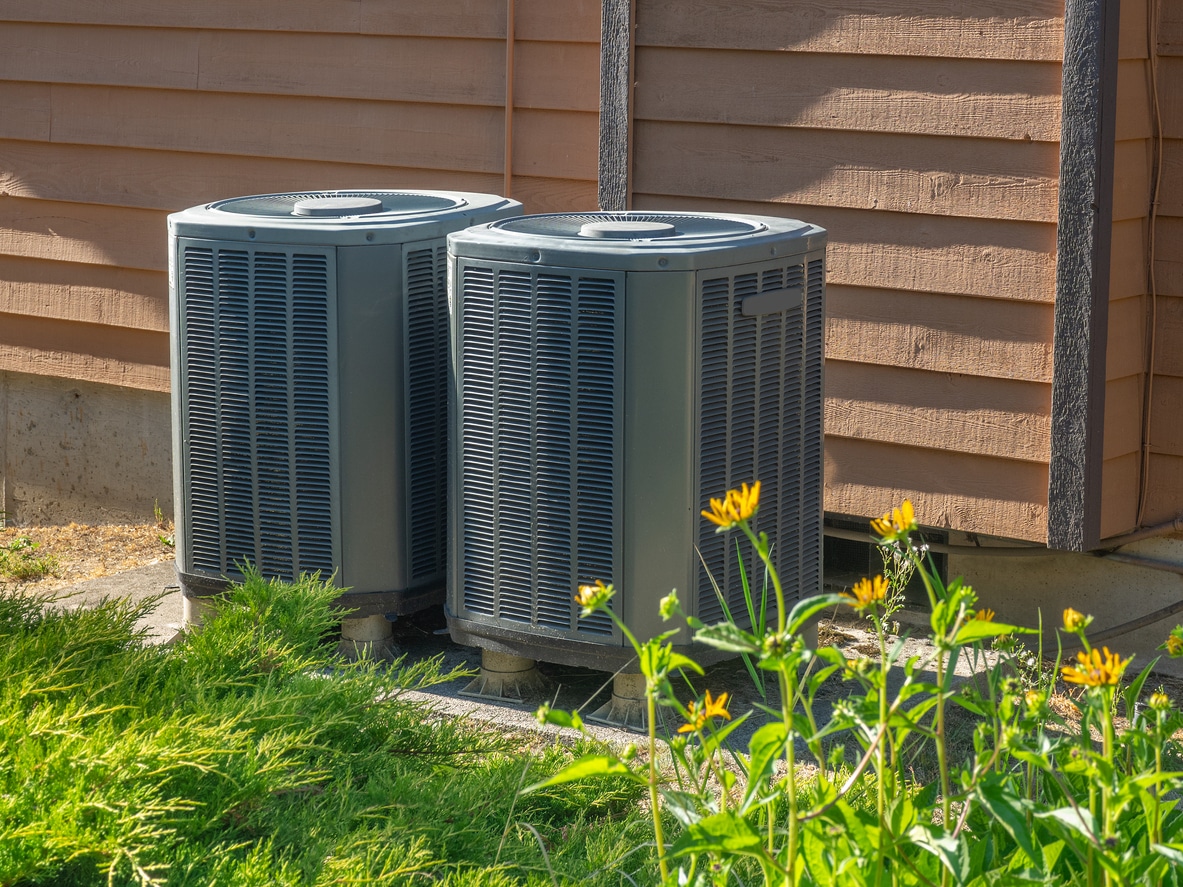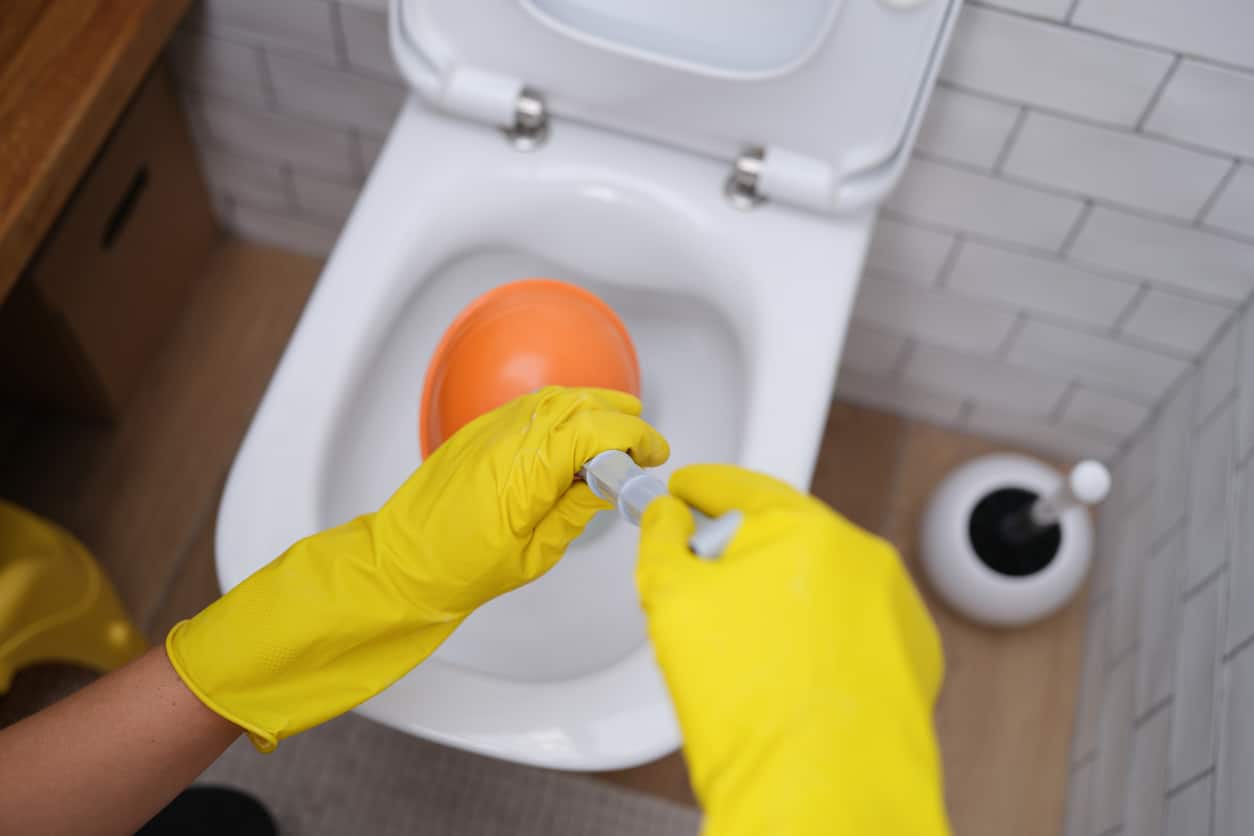The changing of the seasons is the perfect time to make sure that your home is ready for winter. The Fall weather is still a little warmer and still leaves a homeowner lots of time to hire a contractor to fix any existing heating, ventilating or air conditioning issues.
The inspection should be divided into two main stages: the inspection of the Air Conditioning and the inspection of the Ventilation and Heating. However, if your HVAC system is one unit, you may only have to check the thermostat, ducts, and fans once.
Air Conditioning and Ventilation Fall Inspection Checklist
- Empty any drain lines and pans to make sure that there is no standing water left to breed mold or mildew. Water can also attract mosquitoes or animals.
- Clean your air conditioning coils to prevent corrosion and to prevent dust and dirt from hardening onto the metal and preventing it from functioning well.
- Make sure that your air conditioning unit is not leaking by checking the levels of your refrigerant charge. If they are low, the unit may be in need of servicing.
- Make sure the belts and pulleys on your HVAC are not worn out and about to break.
- Get your ducts cleaned and inspected to prevent mold, dust and other allergens from accumulating and making the air in your home more difficult to breathe.
Heating Inspection Checklist
- Change the filters in your heating system to avoid having them clog up over the winter with dust and other irritants. This is especially important if your HVAC is a unit that handles both your air conditioning and heating all year.
- If your heating unit is separate from your air conditioning unit, it is necessary to check the belts and pulleys to make sure that they are not distressed. Torn or worn belts can break and cause you to lose all heat. This, in turn, can cause frozen pipes, flooding and other problems in your home.
- Make sure that all thermostats are calibrated correctly and giving you an accurate temperature. If your thermostat is broken, you might accidentally be using gas or oil more than you need to because you think it is colder, when in actuality it is not.
- Make sure the fans on your heating system are clean, or when you turn on the heat, you might be met with gusts of smelly, burning dust.
- Have the insulation in your ductwork checked to make sure that heat is not escaping from them and raising your overall heating costs.
It is best to call in a professional if you find anything amiss in your HVAC system. Taking care of any outstanding issues now will ensure that the residents of your home will be comfortable all winter long.
